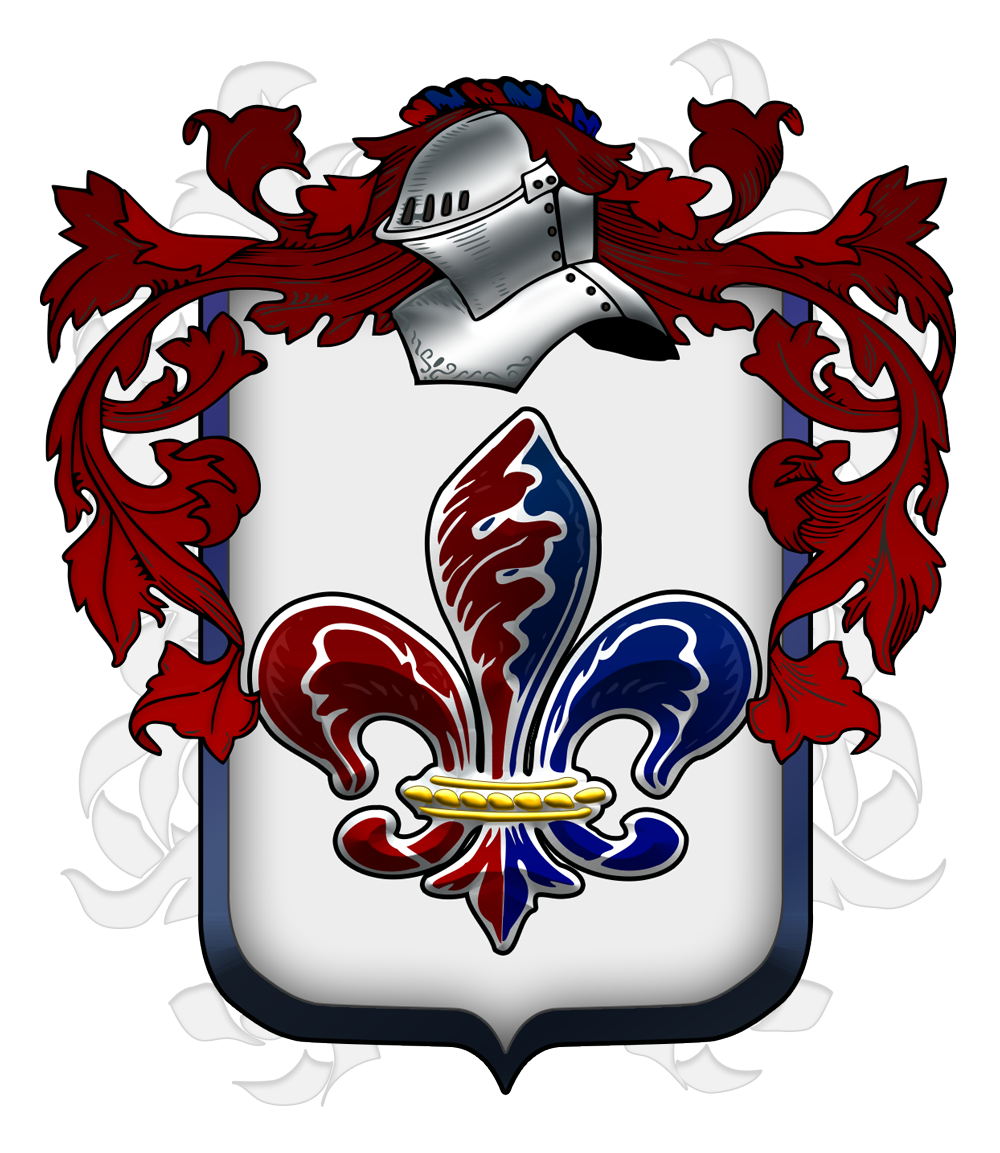The world’s attention is now turning to the Olympic Games in Rio, where Team GB will be hoping to better their medal haul from London 2012. The modern Olympic Games were first held in Athens in 1896 where Great Britain won two gold medals. However more than three decades earlier John Hulley, was organising Olympic festivals in his home town of Liverpool.
Bor n in 1832 and the son of a surgeon, Hulley was a keen gymnast who he believed that physical wellbeing was just as important as that of the mind. In April 1861 he gave an address at the Theatre Royal, where he spoke of how children in ancient Greece were given physical training at academies from a very early age and their physical and intellectual supremacy went hand in hand.
n in 1832 and the son of a surgeon, Hulley was a keen gymnast who he believed that physical wellbeing was just as important as that of the mind. In April 1861 he gave an address at the Theatre Royal, where he spoke of how children in ancient Greece were given physical training at academies from a very early age and their physical and intellectual supremacy went hand in hand.
The following year as secretary of the Liverpool Athletics Club he organised the Grand Olympic Festival on a parade ground at Mount Vernon. 10,000 attended and watched events that included flat racing, hurdling, disc throwing, high jumping, pole vaulting, fencing and boxing. The Liverpool Mercury praised Hulley’s ‘courtesy, unremitting exertions and zeal’.
The Olympic Festival of 1863 attracted a crowd of 15,000 to Mount Vernon and the following year it took place at the Zoological Gardens off West Derby Road. It then moved to Llandudno for two years before returning to Liverpool in 1867, taking place at Sheil Park, where there were also separate events for youths. By now Hulley opened the Liverpool Gymnasium in Myrtle Street to provide physical education for school pupils and somewhere where working class people could exercise.
On 6th November 1865, the day that the gymnasium was formally opened, Hulley chaired the first meeting of the National Olympian Association. This included representatives from gymnasiums and athletics clubs in London, Manchester and Paris. The object was to promote physical education and encourage participation by offering prizes for those with the most skill and strength. It oversaw a series of events across the country and was a forerunner of today’s British Olympic Association.
After marrying in 1869 Hulley faded from public life and he suffered from ill health, often spending winters in Europe to avoid the worst of the weather. He died in January 1875 at his home in 91 Grove Street, where he lived with his wife, daughter and mother.
Hulley was buried in Toxteth Park cemetery and for many years his grave was neglected. After he featured in an article in the Journal of Olympic History in 2008 it was located and found to be in a sorry state. A fund was set up for its restoration which attracted donations from the International Committee, leading to a re-dedication ceremony in June 2009 carried out by Reverend Graham from the Toxteth Unitarian Chapel where Hulley had married.
